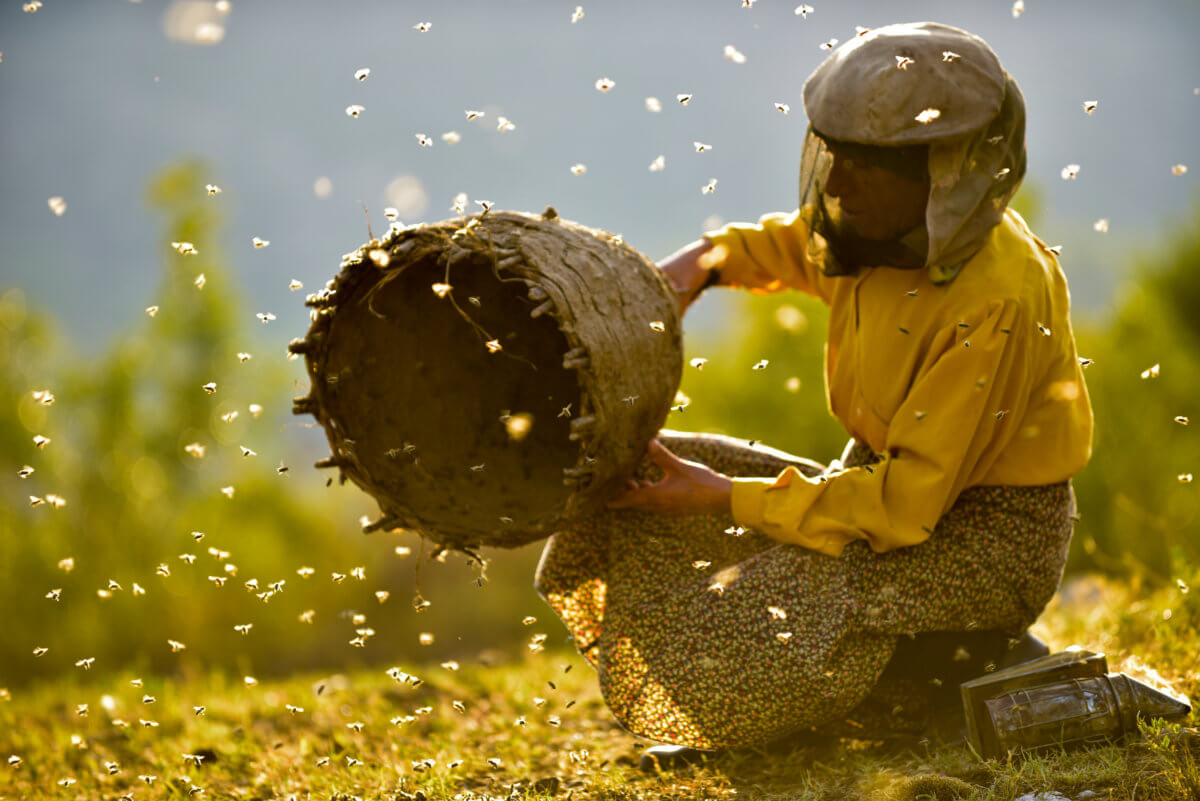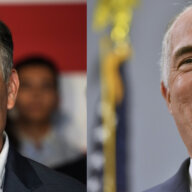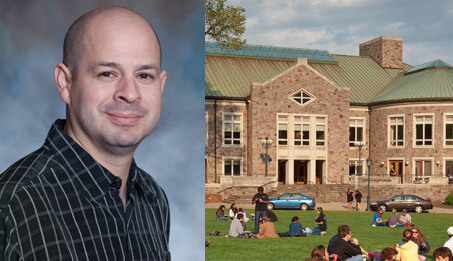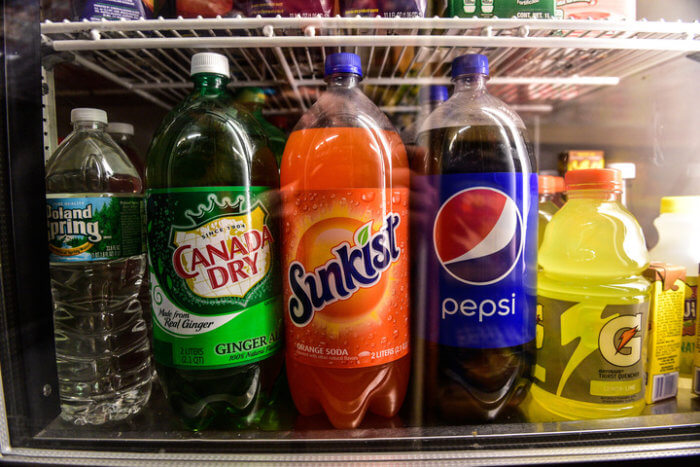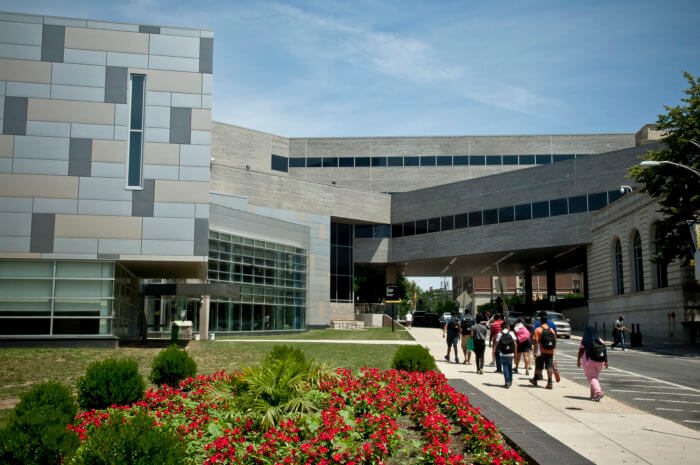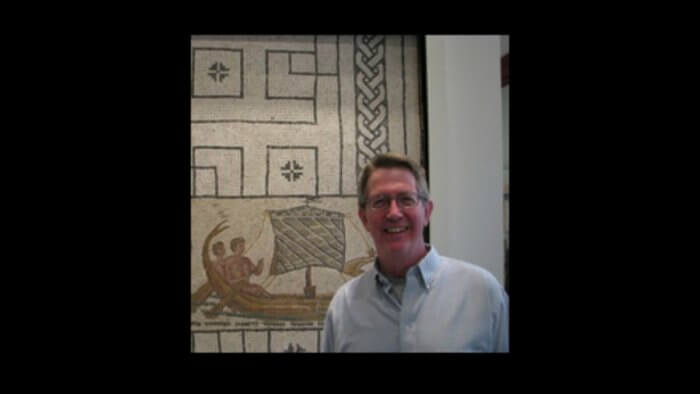“Our mission is to bring the planet to Philadelphia through the power of environmental film.”
The quote above is from Philadelphia Environmental Film Festival co-founder Debra Wolf Goldstein, who, along with Alexandra Diagne brought this poignant event to the City of Brotherly Love five years ago. Over the course of its run, the PHEFF has amassed more films, more days and overall more of an audience count to consistently become bigger and better with each annual run. However, 2020 may be the biggest year yet with the festival’s all-new format.
“We feel luckier than some cultural and arts organizations that are suffering from COVID in the sense that a film festival as an arts and culture organization is in a better position because film is a natural fit in the virtual platform,” says Goldstein. “So, who we can reach in terms of the audience is wider and broader than it would have been at an in-person festival. All parts of the country and even overseas are going to be watching our festival.”
Diagne also added: “The virtual film festivals are new and unique, and the platform that have to be used have been developed in real-time. So, the platform developers are learning as the festival people need their services —it’s been like a learning curve together. We’re using the best of the platforms available, but they’ve been on a learning curve in real-time with us to go as seamlessly as possible. We also had to reach out to all 50 filmmakers who already gave their consent to have an in-person and get their permission to hold it on a virtual medium.”
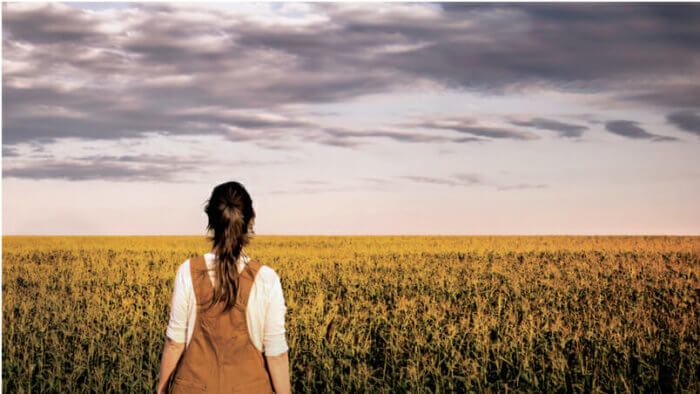
Both Goldstein and Diagne have their own personal fuel as to why they love the festival. Goldstein is an environmental lawyer and head of Conservation Matters, and Diagne has an extensive background in film, working in the industry for over 15 years. Together with the information provided and the powerful impact of filmmaking, the PHEFF is continuing its mission to educate all even without the luxury of an in-person event this year.
“We want people to enjoy the journey, have fun. The power of film is phenomenal,” says Diagne. “I think film is one of the strongest artistic mediums and can really deliver a message that sticks with you and haunts you for weeks, months or even years after you’ve seen a great film. You can reflect on it and come back to it. So, have a wonderful journey watching the films.”
This year’s festival received over 300 entries from 42 different countries which were then narrowed down to the 50 pieces of work with 39 shorts and 11 features—over half of the films also come from women directors, which the founders say was a “non-intentional but added benefit.”
A few standouts include legacy filmmaker and environmentalist Celine Cousteau’s “Tribes on the Edge” following Celine’s journey to the Brazilian Amazon to bear witness to the indigenous communities’ fight for survival; Director Ben Masters’ documentation of the huge environmental and social impacts of the proposed border wall between Texas and Mexico; and the ‘Great Green Wall,’ a musical journey that shows how Africa is saving its land by helping it become fertile again. “It’s an astoundingly beautiful film with great music,” says Goldstein.
There are also a few localized films, and even an award-winning one from a local Philadelphian who also happens to be a student, titled “Organized For Our Lives.” The youth-made first-hand account shows the Roxborough students’ strike for climate justice in 2019.
Each film will also have an extra added benefit or extra perk ranging from discussions, greetings and more from most of the filmmakers and directors. Most of the films will also be available throughout the entirety of the festival instead of just for a short amount of time.
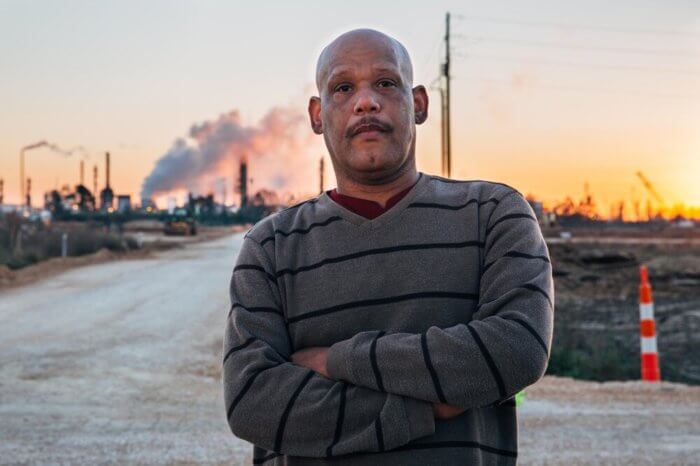
“Our idea was that we would have the films available for all five days of the festival. Fortunately, most of the filmmakers agreed to that. We’re offering our audiences the discretion to watch films at their leisure in the comfort of their homes in the time that is right for them,” says Digane.
Individual films run around $12, but viewers can also purchase a virtual unlimited pass to see all 13 programs and 50 films for just $30. This year, the festival also partnered with the Academy of Natural Sciences at Drexel University and the Prince Albert II of Monaco Foundation to help make this festival possible, even through a pandemic.
“I want [people] to be entertained, educated and inspired and really come away feeling moved by these films,” says Goldstein. “Hopefully, you’ll learn and grow and take personal action and become more aware,” adds Diagne.
To learn more information about the Philadelphia Environmental Film Festival taking place September 23-27, visit philaenvirofilmfest.org



